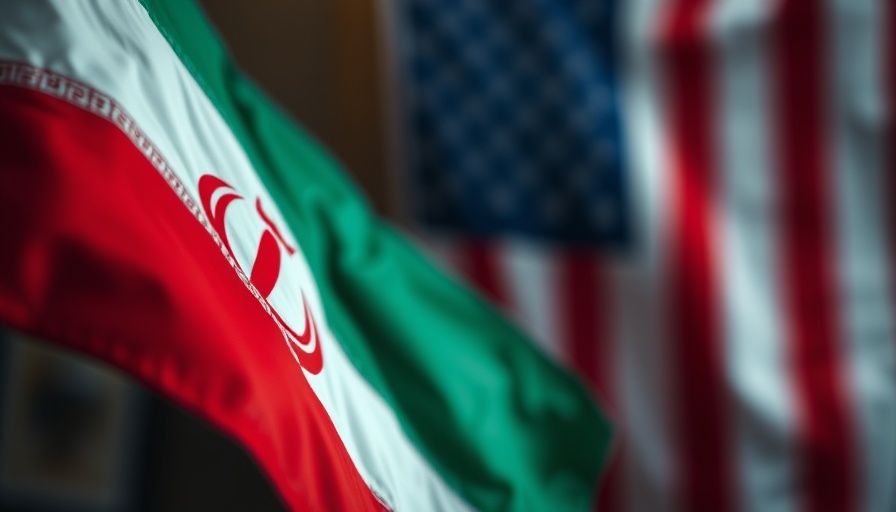
Albania's Political Landscape and the EU Dream
As Albania heads to the polls, Prime Minister Edi Rama is on the brink of making history by seeking a fourth consecutive term. His campaign is largely focused on aligning the country closer to the European Union, a topic that resonates deeply with the aspirations of many Albanians. The calls for progress toward EU integration come at a time when the nation grapples with significant political friction and visible issues of corruption.
Challenges Facing Rama's Administration
Rama's tenure, characterized by economic growth and a reputation bolstered internationally, is not without its challenges. The recent rise in public dissatisfaction due to his government's perceived authoritarianism has intensified. Voters are particularly concerned about the treatment of opposition leaders, such as former Prime Minister Sali Berisha, who has faced political and legal troubles orchestrated under Rama's administration. This growing unrest could impact the electoral outcome and the Prime Minister’s ability to achieve his ambitious goals.
The Significance of EU Integration
The promise of EU membership has been a prominent theme in Albania's political dialogue for years. Rama emphasizes that joining the EU by the end of the decade is not just a political goal, but a pathway to stability and prosperity for all citizens. The advantages of aligning with EU standards extend beyond politics, potentially enhancing Albania's standing in various sectors including investment opportunities and economic cooperation. However, many argue that the government needs to take substantial and immediate steps to tackle corruption and improve rule of law as a prerequisite for serious consideration by EU leaders.
Economic Growth: A Double-Edged Sword
While Albania has seen economic improvements, with reports of healthy growth rates, the benefits of this growth have not evenly reached all citizens. Critics highlight disparities in wealth distribution, where many communities continue to struggle economically, feeling excluded from the country’s progress. The disconnect between government slogans and the lived realities of ordinary Albanians could influence perceptions of Rama's leadership and affect voter turnout.
Lessons from the Past: Corruption and Governance
Rama's administration has faced scandals involving members of his close political circle, including serious allegations against the mayor of Tirana. Such issues not only plague Rama but also cast shadows on the potential paths toward EU integration, often cited as a reason for Albanian citizens’ disillusionment with their leadership. It introduces a critical discussion about the qualitative aspects of governance - ethical leadership is increasingly seen as integral to achieving political and economic objectives.
The Global Context: European Union's Stance
Looking beyond Albania's borders, the EU's position remains important as well. Leaders in Brussels have expressed cautious optimism regarding Albania’s ambitions but are keenly aware of the region's broader geopolitical landscape, including challenges from Russia and other external influences. Albania's aspirations for EU membership not only reflect national interests but also align with EU strategies to foster stability and democracy in the Western Balkans.
What Could Happen Next: Predictions for the Election
The upcoming election results could have far-reaching implications for Albania’s future, both domestically and within the geopolitical sphere of Europe. If Rama secures another term, his administration could potentially continue to pursue EU integration, albeit facing increased scrutiny domestically regarding its approach to governance and reform.
Taking Stock: What This Means for Everyday Albanians
For the average Albanian, the unfolding political drama is rooted in hopes for a better tomorrow – one marked by European opportunities, improved governance, and a robust economy. The manner in which the elections play out will undoubtedly shape individual lives, influencing everything from job opportunities to personal freedoms. As the nation votes, they are not just electing a leader; they are determining the trajectory of their collective future within a rapidly changing landscape.
In conclusion, the deep-rooted desire for EU integration remains a powerful motivator for the electorate in Albania. While Prime Minister Edi Rama aims for a fourth term, the path ahead is fraught with challenges that necessitate not only promises but genuine improvements in transparency and governance.
 Add Row
Add Row  Add
Add 



Write A Comment